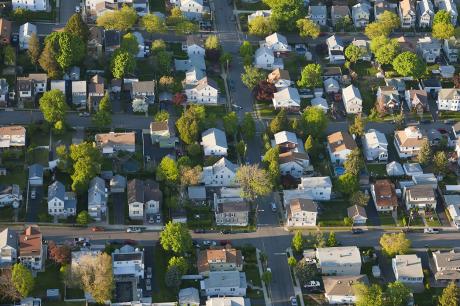Articles and analysis on today's issues

Federal cuts to the Supplemental Nutrition Assistance Program could cause some DC-area families to lose an average of $187 in monthly benefits.
The Tight Housing Market Boxes Out Government-Insured Borrowers, Widening Homeownership Gaps Data show that flat-out rejection of buyers seeking government-backed loans disadvantages households with lower incomes, lower credit scores, and less wealth, many of whom are people of color.Did the Pandemic Deepen Racial and Ethnic Inequities among Small Business Owners? Data Limitations Make It Hard to Say. Regardless of whether COVID-19 worsened the racial and ethnic disparities in small business ownership and health, federal policymakers have options to address them.The Biden-Harris Administration Vowed to Prioritize Racial Equity, Philanthropy Can Help Prioritizing philanthropy can help the Biden-Harris administration balance advancing racial equity and accomplishing aligned policy objectives.Contracts Can Support the Child Care Workforce but Require Thinking outside the Box To prevent permanent job loss and damage to a field dominated by women of color, contracts should be designed creatively and with a focus on equity.Three Ways Gatekeepers Can Further Racial Equity Awareness in Research All kinds of gatekeepers—from journal editors and peer reviewers to government agencies and funders—can help build a system that treats researchers and participants and communities more equitably.If America Is Going to Address Housing Affordability, It Needs to Increase Access to Homeownership It is cheaper to buy a home than it is to rent in two-thirds of US counties. Homeownership can provide the kind of affordability and stability low-income families need.





